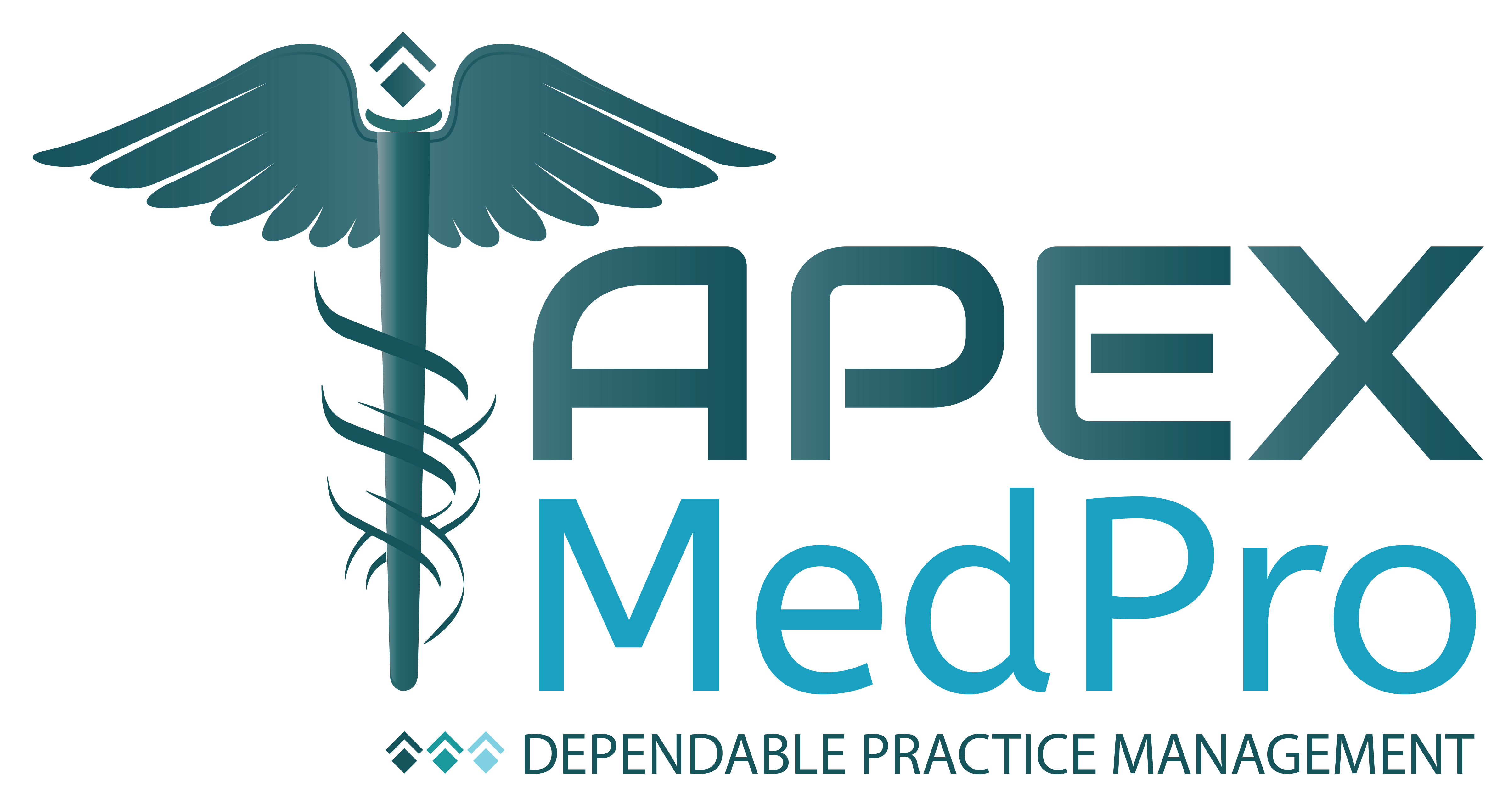The most drastic effect on healthcare workers during Covid-19 is how it disrupts individuals’ life and set them depressed. Healthcare workers who are working in these stressed times must consider keeping themselves psychologically fit while they also experience extreme tension, stress, and anxiety.
While we are going through difficult times, it is normal to feel nervous, stressed, and anxious. COVID-19 is making healthcare workers more stressed and burned out. We feel nervous when we realize we can’t control anxiety or anticipate what will happen. Because of pandemic, a large of healthcare workers have been struggling through Covid-19 as if working in a tropical storm. They are updated, watching news, searching for directions, realign, and serve an already stressed consumer base. In case, in divergence to a tropical storm, they usually have no official direction that when would it be ended. This could cause stress and a chaotic situation.
There is a need to educate healthcare workers regarding the importance of staying healthy and fit to fight against the challenges. It gets more difficult to adhere when you already work in the healthcare sector and you don’t want anyone to deal you as if you are struggling with psychological and physical problems. Particularly, when everyone around you facing the same situation, then you job will become more challenging. So it has become difficult to realize who would take care of healthcare workers.
Taking into consideration all providers need assistance coping to the COVID-19 emergency, here are twelve stages health care workers can follow to ensure that they are fit to face the anxiety, gloom, and chaos of the problem.
Focus on your mental State:
Maintain a positive attitude: It is evident from science that the most successful people in any situation are those who attempt to avoid questions and focus on their own development rather than contradicting others.
Make sure you work carefully: You can gauge your health status and wellbeing by observing where your mind goes when you stop and sit. Many of us think about the past, we strongly suggest don’t invest time in remembering past disappointments. Ensure that you focus on the present time and place (make this one of your objectives).
Be your best friend: Many professionals set exceptionally high standards for themselves, which leads to many problems. Be that as it may, empathy and thoughtfulness for oneself are crucial during an emergency. Self-sympathy is neither a guilt nor lack of concern; rather, it is a manifestation of courage. At the point when you confine yourself to self-assessment, you can perform at your best.
Formulate a plan and Define Objectives: Perceive that handling anxiety and stress during the current pandemic will be difficult. Prepare yourself and plan accordingly. Plan how you will deal with your anxiety and nervousness and consider what hindrances you may face. You should then “take care of business” – get moving so that your activities can become consistent – do your best to ensure continuity. Follow your routine and keep emphasis on your goals and objectives.
You should be aware of your feelings and condition: Would you say you are eating and hydrating enough, as well as getting enough sleep? Do you manage your reality yet focusing on how you respond to what you can control? Hence, it is imperative for you to know how you are doing.
Positive attitude: Stay positive and keep your mental state healthy. Positive behavior reveals positive results in managing quick execution of tasks – would also increase your enthusiasm. Remember this well-known quote by Henry Ford: “Whether you think you can or think you can’t, you’re right.”
You need to take Care for your Body
You should eat a good meal before going to work: Try to relax, and eat healthy meals daily so you can energize a sluggish body and get rid of restlessness.
Stay Hydrated: Drink as much water as you can. Do not consume sugary drinks. Stay away from soft drinks and items that contain high levels of sugar and caffeine, as these negatively affect rest. You should drink between 6 and 8 glasses of liquid daily.
Carry on and eat: Having a few nutritious snacks between meals can give you energy and keep you from feeling hungry. Eating nuts makes you feel full longer. We live in a COVID, so avoid any contact with your hands and others’ hands, such as sharing chips, pretzels, and meals.
Don’t just preach, practice: This implies eating meals high in carbohydrates, protein, and foods grown from the ground that contain cancer-prevention agents.
Be careful when drinking coffee: There is nothing wrong with a cup of coffee. Just be aware of the amount you are drinking. An average coffee house drink contains 125 mg of caffeine; 300 mg is the maximum daily intake. Anything higher and you’ll be at risk of anxiety, hypertension, and a sleeping disorder—particularly when you take the one near sleep hours.
Keep Exercise Daily: It is known that exercise is a method to fend off anxiety, usually started in the middle of the day. Similarly, the key is that as you eat, drink, and go to work, likewise you should do exercise as well.
We can see no possibility of COVID leaving us in near future, so it is to best to realign your daily routine to handle depression and other mental health issues. Everyone is different and needs a different way to stay positive and healthy. However, a few basic things can enhance the overall state of mind you can save yourself from depression and anxiety.
Apex MedPro is now offering Covid -19 Medical Billing Services with Special CPTs for Corona Virus Testing. For details, please Call Us on +1-877-333-1760 or email us at info@apexmedpro.com

